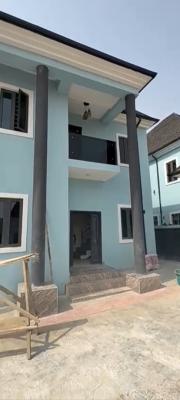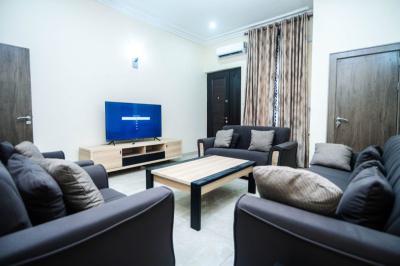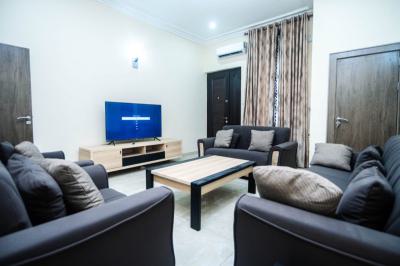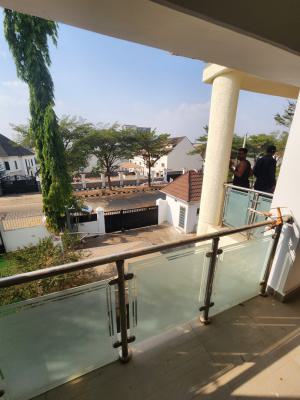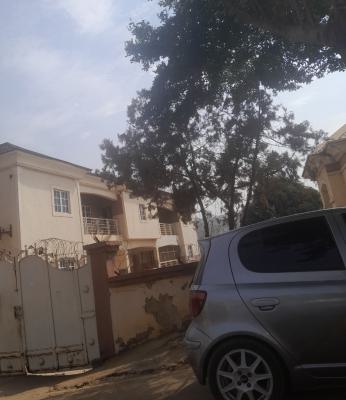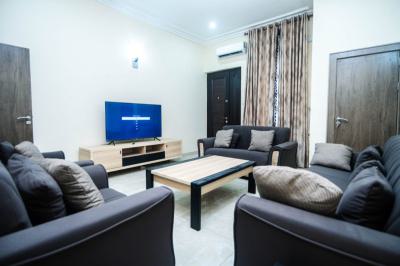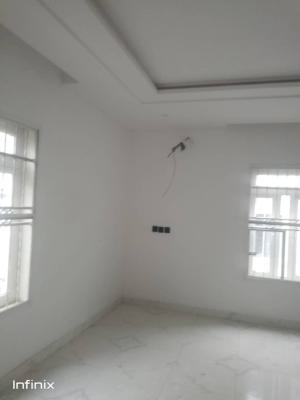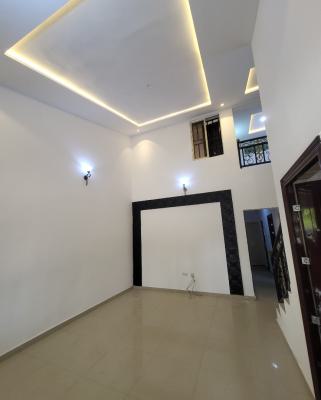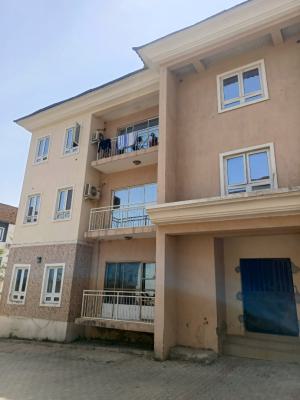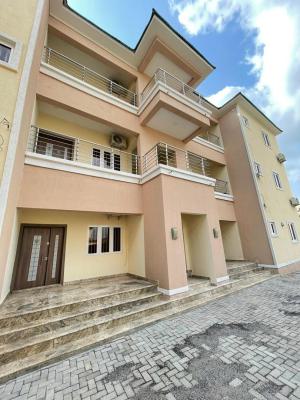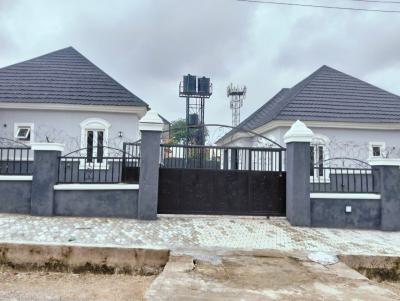2 Bedroom Flats for Rent in Apo, Abuja
Quick Filters
Subtypes Localities Areas Sub Areas Furnishing
15
2 bedroom flat / apartment for rent
Apo Near Aa Rano Filling Station, Apo, Abuja ₦8,000,000 per annum2 bedroom flat / apartment for rent
Apo Legislative Quarters Zone E, Apo, Abuja ₦5,000,000 per annum2 bedroom flat / apartment for rent
Apo Nepa By A.a Rano Filling Station, Apo, Abuja ₦7,500,000 per annumWhat is the average price of 2 bedroom flats for rent in Apo, Abuja?
The average price of 2 bedroom flats for rent in Apo, Abuja is ₦3,500,000 per annum.
What is the price of the most expensive 2 bedroom flats for rent in Apo, Abuja?
The price of the most expensive 2 bedroom flats for rent in Apo, Abuja is ₦50,000,000 per annum.
What is the price of the cheapest 2 bedroom flats for rent in Apo, Abuja?
The price of the cheapest 2 bedroom flats for rent in Apo, Abuja is ₦2,500,000 per annum.
How many 2 bedroom flats for rent in Apo, Abuja are available?
There are 15 available 2 bedroom flats for rent in Apo, Abuja.
You can view and filter the list of property by price, furnishing and recency.

